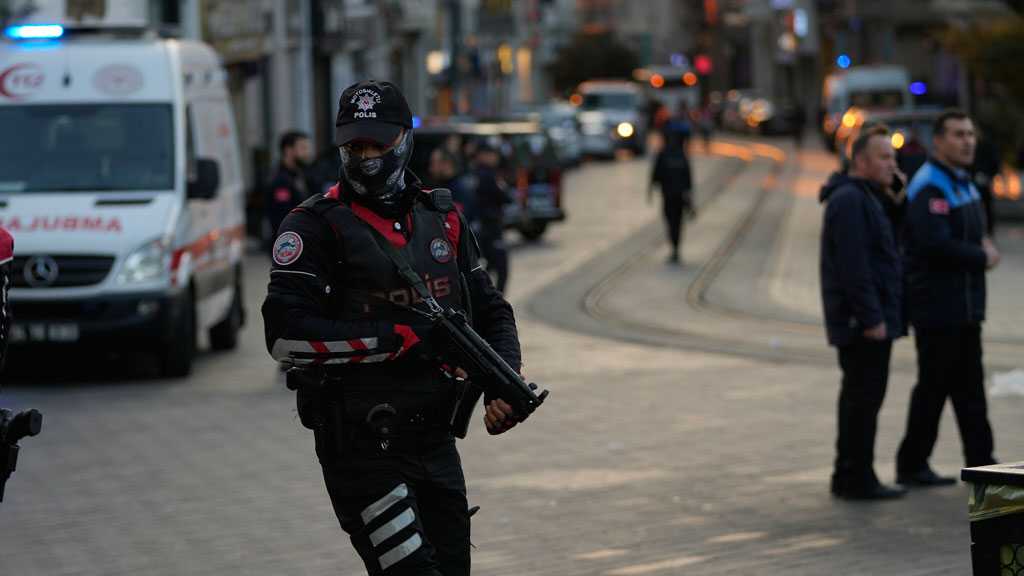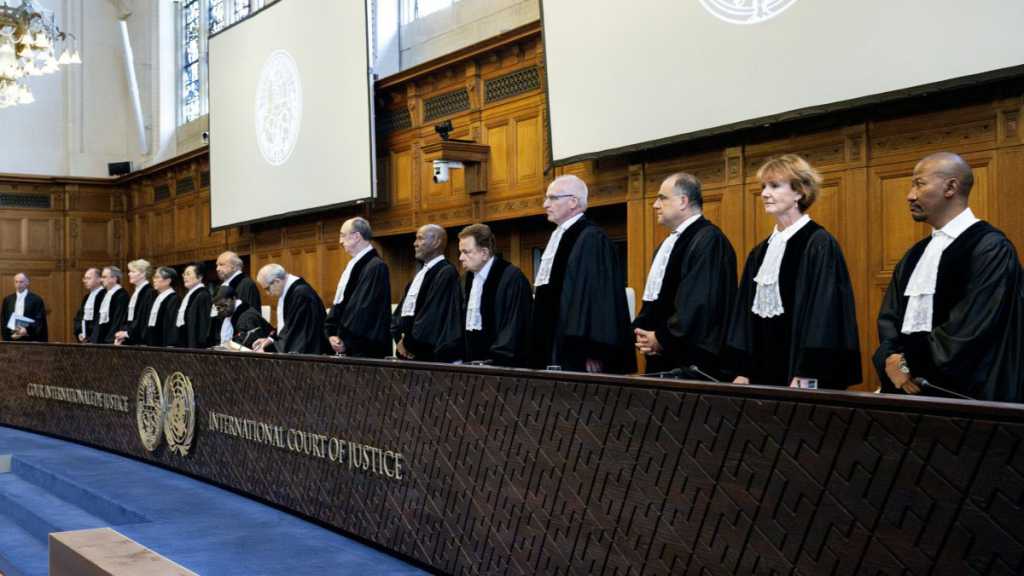Turkey Makes Arrests in Istanbul Blast Case

By Staff, Agencies
A total of 17 people were placed in pre-trial detention on court orders in connection with last Sunday’s blast that rocked the iconic Istiklal Avenue, one of Istanbul’s main tourist hubs, the Anadolu news agency reported on Friday.
The list includes a woman, Ahlam Albashir, who is accused by the Turkish authorities of planting the bomb. She was previously identified by Turkish officials as a Syrian national who allegedly acted on behalf of the Kurdistan Workers’ Party [PKK], a militant group designated as a terrorist organization by Turkey and some other nations.
No group has claimed responsibility for the attack so far. Those placed under arrest were among the 49 people rounded up by the police over their alleged involvement in the bombing, Anadolu said, adding that 29 suspects were deported on orders of the Turkish Prosecutor’s Office. Three people were also released on bail.
The suspects stand accused of “destroying the unity and integrity of the state,” “deliberate killing,” “deliberately attempting to kill” and “deliberately aiding murder,” according to Anadolu. Apart from Albashir, the identities of two more suspects were revealed by the news agency. One of them is identified as Bilal H., who is still at large.
Another one is Ferhat H., the owner of a workshop in Istanbul's Esenler district, who hosted Albashir and Bilal H. at his home for some time, according to Anadolu. He is also accused of having links to the PKK and spreading “terrorist propaganda” on social media.
Earlier, Interior Minister Suleyman Soylu said that the suspected organizer of the bombing attack was captured before he could leave the country. His identity was not revealed.
The blast on Sunday claimed the lives of six people and left 81 injured. Two of them are still in critical condition, Anadolu said, citing security sources. The Russian Consulate General in Istanbul said on Monday that three Russian nationals were among those injured in the bombing attack, though their lives are not in danger.
Comments
- Related News

Erdogan: Netanyahu must Be Stopped Just like Hitler
2 months ago


